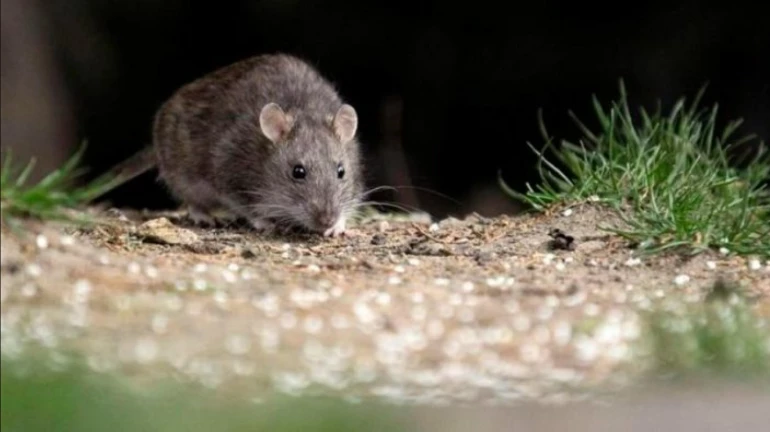
In a significant move towards animal welfare, the Maharashtra government has recently outlawed the sale, manufacture, and use of glue traps for capturing rats. This decision has been met with applause from PETA India, a leading animal rights organisation.
Glue traps have long been criticised for their cruelty. Rodents are lured onto sticky adhesive pads, where they are trapped. Eventually, they starve to death over several days. These traps have also inadvertently led to the deaths of various non-target species, including birds, bats, snakes, and squirrels.
The Maharashtra Commissionerate of Animal Husbandry has issued a circular directing all districts to ensure compliance with this ban. The circular emphasises that the use of these traps violates Section 11 of the Prevention of Cruelty to Animals Act, 1960. It also cites a warning issued by the Animal Welfare Board of India (AWBI) against such inhumane practices.
PETA India had been actively advocating for this ban and had urged Maharashtra to promptly follow AWBI's directives against these unlawful traps. Several other states, including Arunachal Pradesh, Andhra Pradesh, Chhattisgarh, Goa, Delhi, Himachal Pradesh, Karnataka, Jammu and Kashmir, Ladakh, Lakshadweep, Madhya Pradesh, Manipur, Mizoram, Meghalaya, Sikkim, Telangana, Tamil Nadu, Uttarakhand, and West Bengal, have also issued similar circulars.
Glue traps can kill any creature, and they often trap non-target animals. They are typically made of plastic trays or cardboard covered with powerful glue. Their use is also against the Wild Life (Protection) Act of 1972, which forbids the "hunting" of indigenous protected species.
PETA India recommends making areas non-accessible to rodents as the best way to control their populations. This can be achieved by eliminating food sources and sealing any openings. Cage traps can also be used to capture rodents. Then they should be freed in an area where they can find sufficient food, water, and shelter.





